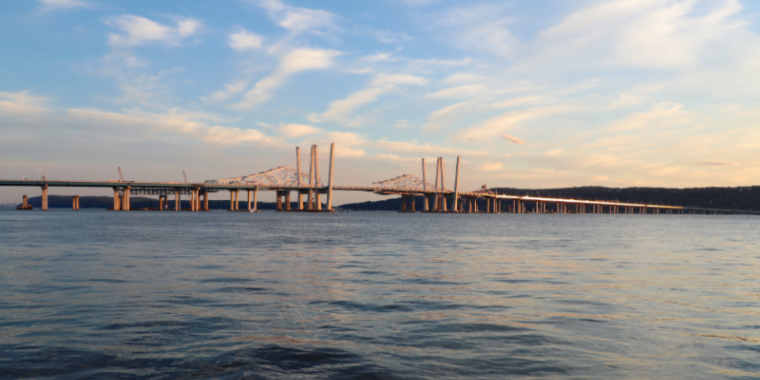
USACE Storm Barrier Project Takes Another Step Back
September 17, 2018
-
ISSUE:
- Storm Barriers
- United States Army Corps of Engineers
- Transparency
- New York State
- Enviromental Conservation

Sleepy Hollow, NY - Another month goes by and the United States Army Corps of Engineers' (USACE) plan to install storm barriers around the New York City metropolitan area took another step backwards today According the USACE website, the pubic comment period has once again been extended to November 5th with a draft report anticipated to be released in late November and early December of 2018. Shockingly, the agency also announced a last minute scoping meeting for this Thursday, September 20th, at the New York Aquarium in Brooklyn.
After trying to fast track a plan that left government officials, local communities and environmental advocates in the dark this is the second abrupt setback in as many months. With more questions than answers State Senator Terrence Murphy renewed his demand for the federal agency to hold an informational meeting in Westchester County.
"The federal government is ignoring our requests for transparency," Senator Murphy charged. "There are multiple plans proposed, we don't know what studies they are using and our region can't even get a seat at the table. It is unacceptable and we will continue to demand proper communication, an open process and accountability."
In July, Senator Murphy launched online petition to demand a meeting be held in Sleepy Hollow. A series of meetings were already held in New York City, New Jersey and Poughkeepsie. The Westchester-Rockland region is home to the largest population along the Hudson River outside of New York City.
Paul Gallay, President and Riverkeeper said, "We are glad that the Army Corps heard the massive public outcry and granted an extension to the comment period. But these last minute extensions that come in fits and starts are not addressing the fundamental weaknesses in their process: a lack of transparency and information sharing and their severe lack of community engagement. The Army Corps needs to start this process over with truly meaningful engagement."
John Cronin, former Riverkeeper and senior fellow for Environmental Affairs at Pace University added, "The federal government has done little to protect and restore the Hudson, compared to other major estuaries. Instead it has a long history of reckless proposals that would further damage the river. The latest Army Corps proposal is the worst I have seen in my 45 year career."



